Quick Summary
- Baby back ribs typically require 25-30 minutes of boiling, while larger ribs can take 45 minutes to an hour.
- Boiling ribs before you put them on a grill is a common practice to tenderize the meat and shorten grilling time, with boiling times varying depending on the type of ribs.
- Despite its benefits, some grillmasters oppose boiling as it can lead to loss of flavor and juices, and suggest alternatives like oven roasting or steaming.
Plenty of recipes require you to boil pork spare ribs, whether in plain water, water with other additives, or barbecue sauce.
But this practice also seems to be a very contentious issue, with a large group of grillmasters opposing boiling altogether, with many considering it "cheating."
How Long To Boil Ribs Before Grilling?
For those cooks who don’t consider boiling ribs first as sacrilege, the length of time to boil them can depend on the type of ribs.
Pork ribs could either be baby back ribs or spare ribs. Beef ribs also come in 2 varieties; short ribs and back ribs.
Baby back ribs will have shorter boiling times than spare due to their size.
They should be ready after about 25 minutes to about half an hour, and then you can transfer them to the hot grill for their final perfection [1].
Spare ribs are the bigger cut and can take 45 minutes to an hour to boil [2]. You can also boil them for upwards of 45 minutes to about an hour before you can tenderize ribs.
Why Ribs Are Boiled Before Grilling?

If you are going to boil ribs, it is better to cook them at a constant simmer than at a fast boil because this can cause tough meat.
These are some of the reasons for boiling ribs:
- Pork ribs are fatty, particularly spare ribs, so some cooks parboil them to tenderize the meat.
- Some surface fat melts out, making it a little easier to remove the inner skin before finishing on the grill [3].
- Boiling the ribs also shortens the grilling time.
- Simmering the ribs for a long time can help to soften the connective tissue.
- If you boil the ribs beforehand, you can refrigerate or freeze them until you need them. Then they will simply need to be seared and caramelized on the grill, a quick fix when you need dinner in a hurry.
- Boiling also saves you constant monitoring and nursing of the meat because it will only need a short searing on the grill to finish.
How To Boil Ribs Before Grilling?
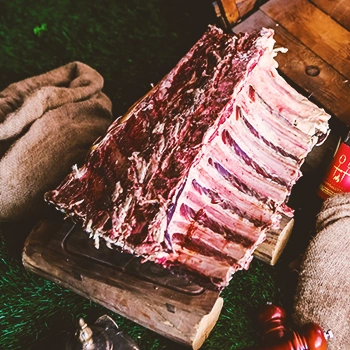
There are distinct advantages to boiling before grilling ribs, so let's look at how to do it efficiently.
If you have a slab of baby back ribs, use a butcher knife to cut them into smaller slabs with about 4 ribs on each slab.
Place them into a large pot and cover the ribs with cold water, adding salt and extra flavorings such as spices or vinegar.
Bring it to a boil and then simmer until the pork ribs are tender, which could be 45-60 minutes. The pink and red color of the raw ribs will now be light brown.
Before grilling the ribs, you can add extra seasoning, dry rubs, or marinade.
You can wrap the tender ribs in aluminum foil and keep them in the fridge, though not longer than 24 hours, or you can finish them up on the grill there and then.
The aluminum foil makes it easier for the ribs to absorb everything and become more flavorful.
The Argument Against Boiling Ribs Before Grilling Them
Those who consider themselves true grillmasters argue that there are no good reasons to boil meat before grilling it.
Ribs are cuts of meat suitable for the low-and-slow cooking method, and they believe that boiling them has adverse effects on the final product [4].
When one boils the pork ribs, the fat melts out of the meat, and the natural juices are also released.
These are both important for retaining the flavor of the pork ribs. If the meat is only parboiled for a few minutes, the flavor loss may be minor, but the ribs will lose most of the juices and flavor when the meat simmers for a long time.
Even if the ribs are served in BBQ sauce, the meat can still be dry.
Many barbecue fans like their ribs to be tender but still a bit chewy, and boiling them can make the meat almost mushy, which can sometimes be unpleasant for these rib enthusiasts.
Alternatives To Boiling Ribs Before Grilling
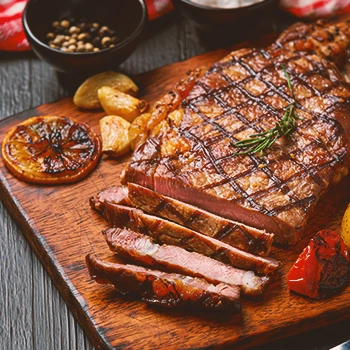
The transition from oven to grill for tough cuts like pork spare ribs is a technique that yields tender meat without sacrificing flavor.
Instead of boiling, ribs can be gently roasted in the oven, a method that retains their full-bodied taste.
Place the ribs on racks atop a baking tray, cover the tray with aluminum foil, and bake at 350 degrees Fahrenheit for 75-90 minutes. The cooking time may vary slightly depending on the ribs' size.
After this, transfer the ribs to a grill and cook them for 5-10 minutes per side on medium heat, allowing BBQ sauces to caramelize beautifully.
A variation of this method involves placing the ribs on a rack over an oven-roasting pan filled with water or apple juice.
The liquid creates a moist, low-heat environment in the oven, essentially steaming the ribs and making them extra tender before they hit the grill.
With these approaches, you'll have delectable, tender ribs that combine the best of both oven and grill cooking techniques.
Don't let the meat touch the liquid during the slow cooking. Bake at 350 degrees Fahrenheit for 15 minutes, and then turn it down to 225 degrees Fahrenheit and cook for an hour.
Marinades are also an option as they give flavor and help to tenderize the meat.
They also help to retain moisture. Marinades contain acids and enzymes that help break down the tough connective tissue in meat.
Steaming can also help to soften ribs. If your steamer is big enough or you can DIY one, you can steam them over apple juice or water for about 60 minutes.
References:
- https://www.foodnetwork.com/recipes/parboiled-baby-back-ribs-3414663
- https://oureverydaylife.com/long-should-boil-spareribs-before-grilling-41953.html
- https://www.thespruceeats.com/should-spareribs-be-boiled-first-1807056
- https://www.quora.com/Why-is-it-recommended-to-boil-beef-ribs-before-grilling


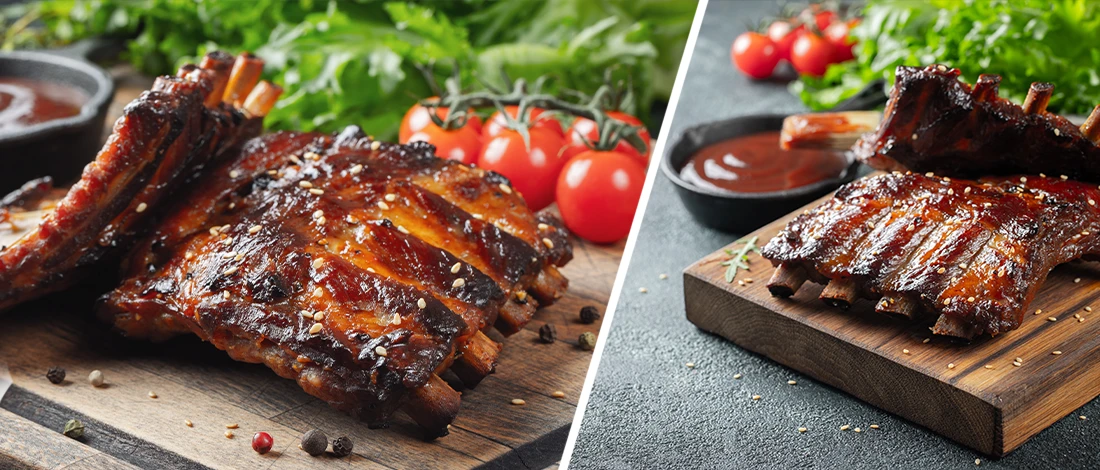
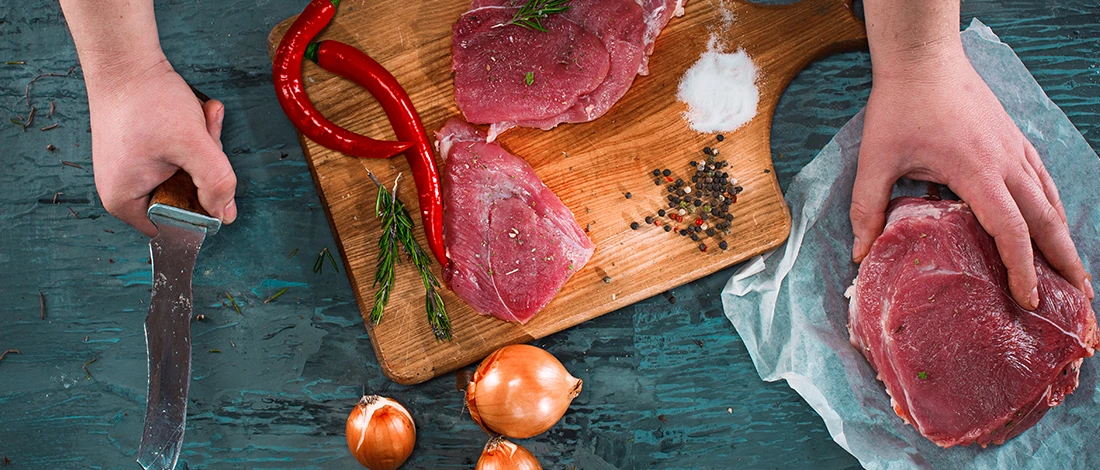
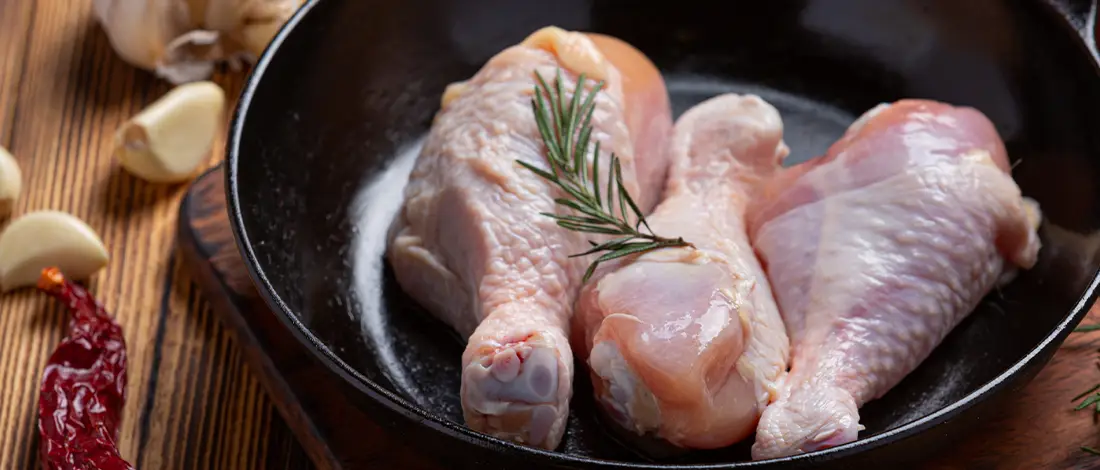
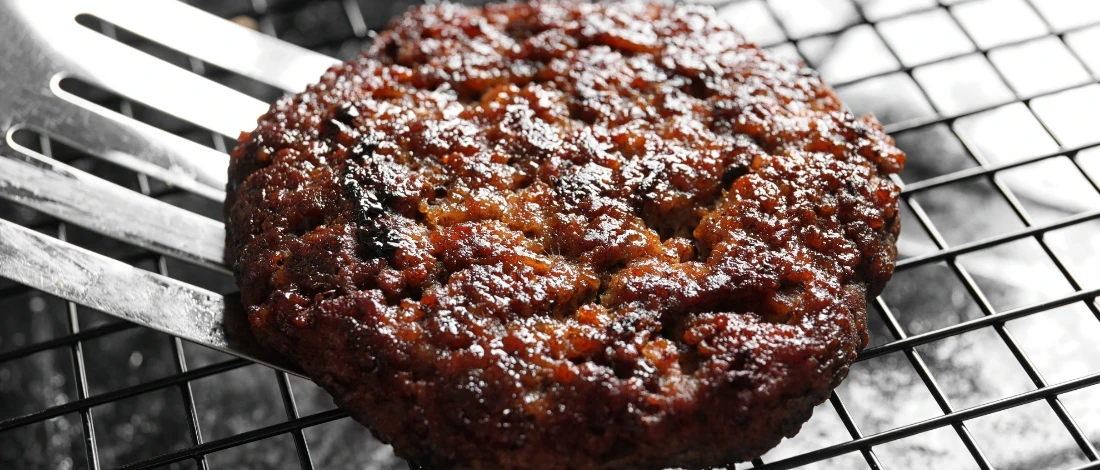
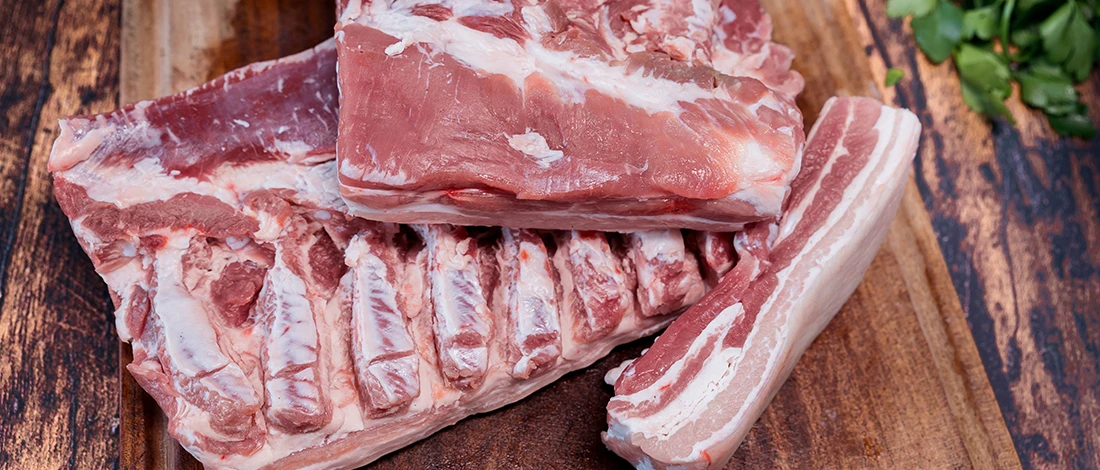
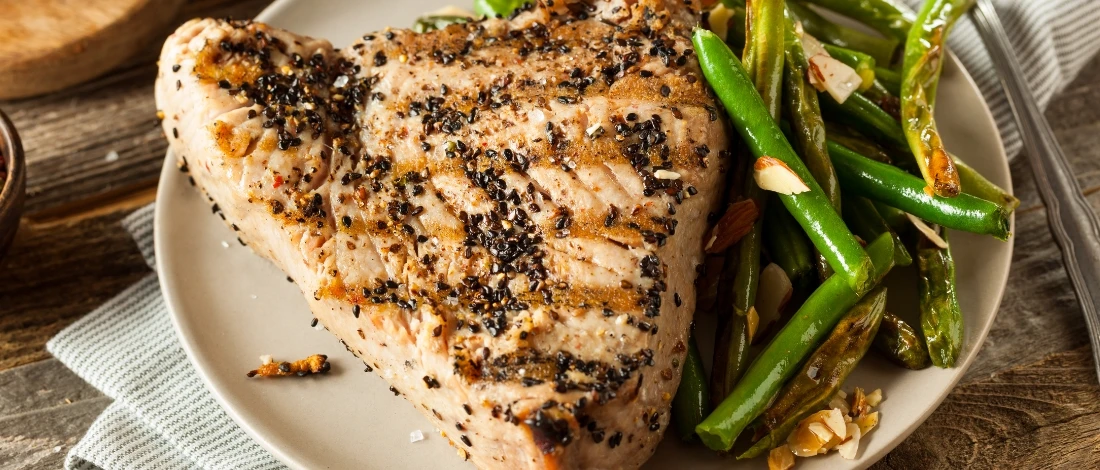

Thanks for the tip on seasoning the water with spices. I’ve never tried that, but it sounds like a great way to infuse more flavor while boiling.
I usually boil ribs for about 30 minutes, and they turn out perfect every time. Has anyone tried steaming them instead?